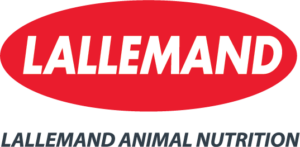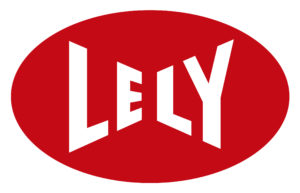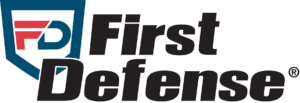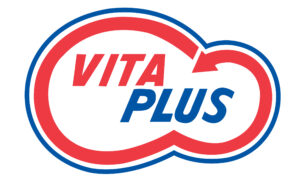We are pleased to introduce you to the speakers of this year’s conference.
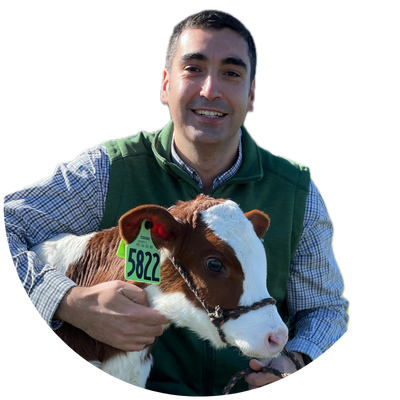
Dr. Angel Abuelo
Antioxidants impact on Newborn Calf Immunity and Health
Dr. Angel Abuelo is a Red Cedar Distinguished Professor and Dairy Extension Veterinarian at the Michigan State University College of Veterinary Medicine. Angel is a board-certified specialist veterinarian in dairy production medicine. At MSU, he researches strategies to increase host defenses in cows and calves, provides clinical training to final-year veterinary students, and provides continuing education to veterinarians nationally and internationally. He has published over 90 peer-reviewed manuscripts and received national and international awards for his work on bovine immunology. He also serves as the vice president of the American Association of Veterinary Immunologists.
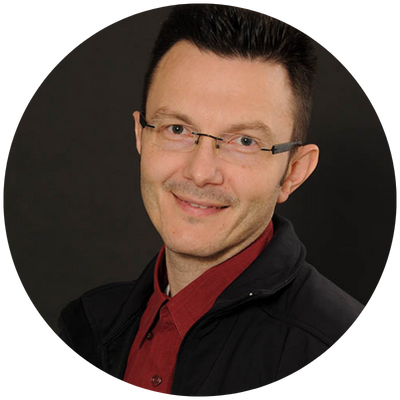
Dr. Sebastien Burczinski
Dr Buczinski graduated in 2002 from the National Veterinary School of Alfort (France). After a residency in to be board certified in food animal internal medicine and a Master’s degree in the Veterinary Teaching Hospital of the Faculty of Veterinary Medicine of the University of Montreal, he joined the Bovine Ambulatory as a professor in 2006. Since then, he works with about 40% of his time in the clinic with dairy cattle. The rest of his time is spent to teach, make clinical research, and administrative tasks. His research interests are applied mainly in the field of young ruminant health, with a focus on colostrum and respiratory diseases, as well as in the production of healthy veal, dairy-beef calves and replacement heifers. He is also interested in the use of diagnostic tests in veterinary practice (especially for tests that do not have a perfect reference test) and in evidence-based veterinary medicine. In 2015, he was the recipient of the Zoetis Clinical Research Award from the FMV, which recognized a professor of clinical sciences for the quality of his or her research.
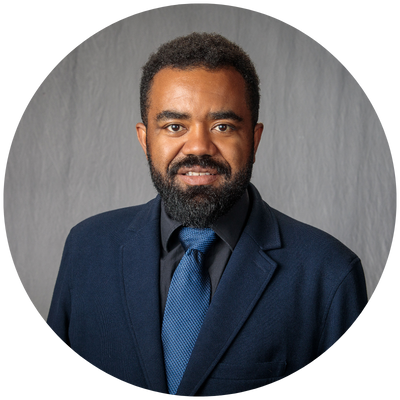
Dr. João Costa
Data-Driven Nutrition, Disease, and Welfare Management of Calves: Shaping the Next Generation… of Cows
João Costa, Associate Professor at the University of Vermont, specializes in calf management, animal welfare, and precision dairy technology. His research focuses on cattle welfare, the impact of preweaning nutrition and environment on calves, dairy cattle feeding behavior, and on-farm use of precision technologies. In addition to his academic work, João collaborates with private companies, dairy producers, and calf raisers to advance practical solutions for the industry. Originally from São João Batista, SC, Brazil, he is also a passionate Vasco FC fan.João Costa, Associate Professor at the University of Vermont, specializes in calf management, animal welfare, and precision dairy technology. His research focuses on cattle welfare, the impact of preweaning nutrition and environment on calves, dairy cattle feeding behavior, and on-farm use of precision technologies. In addition to his academic work, João collaborates with private companies, dairy producers, and calf raisers to advance practical solutions for the industry.
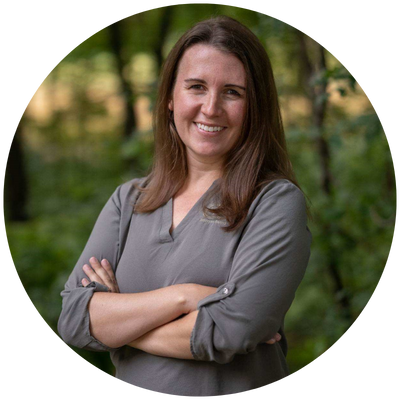
Dr. Bethany Dado Senn
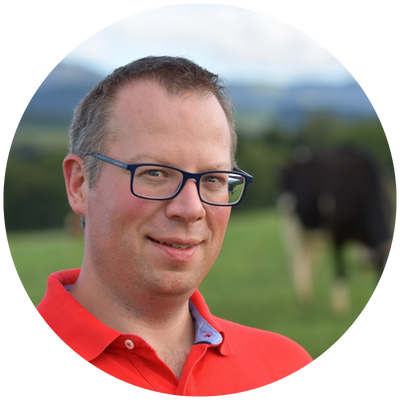
Prof. Dr. Josef Johann Gross
Quantity or quality of colostrum in ruminants? Causes of variation and consequences for the newborn
Josef Gross is head of the Veterinary Physiology group at the University of Bern, Switzerland. He received his PhD from the Technical University of Munich, Germany, in 2011. He is working on the nutritional impact on the adaptive physiology of transition dairy cows and neonatal calves. His research addresses the relationship between animal-related factors and variation in colostrum immunoglobulin content of ruminants. He investigates the role of individual nutrients and metabolites in the endocrine regulation of energy metabolism in neonatal calves and dairy cows, periparturient blood-milk barrier formation and mammary immune responsiveness.
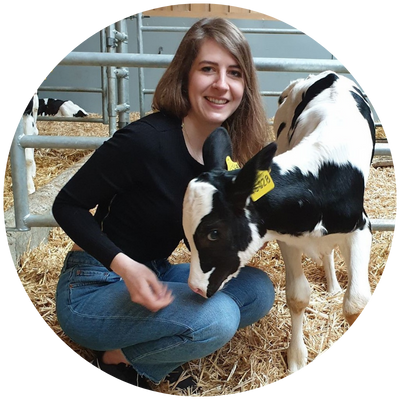
Dr. Juliette Wilms

Dr. Jimena Laporta
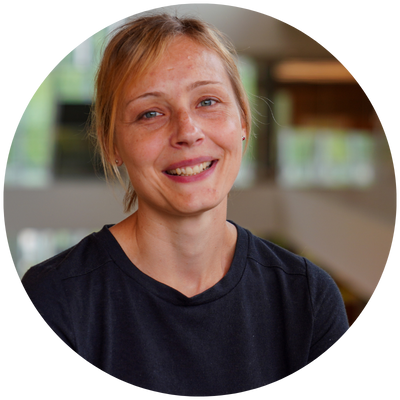
Dr. Sabine Mann
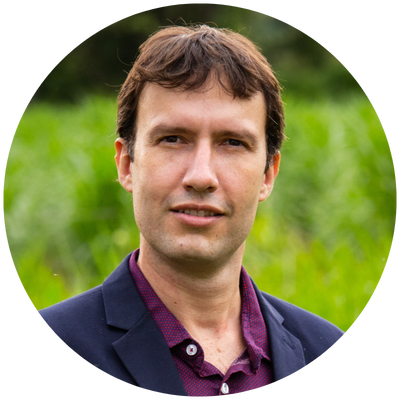
Dr. Marcos Marcondes
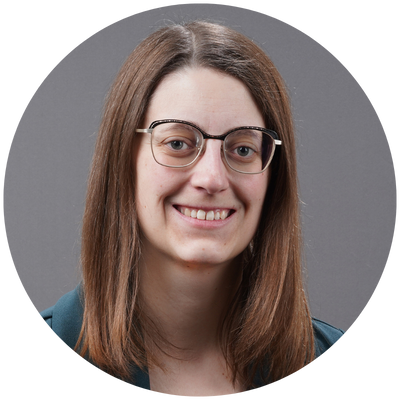
Dr. Heather Neave
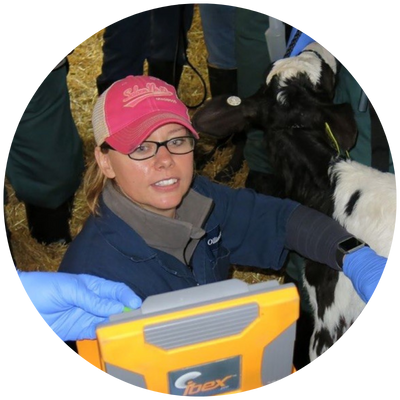
Dr. Terri Ollivett
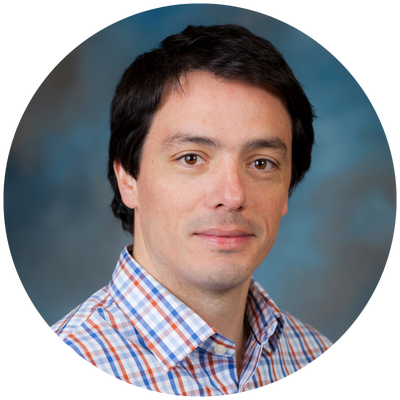
Dr. Francisco Peñagaricano
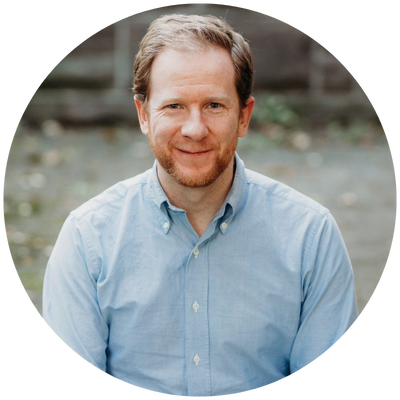
Dr. Dave Renaud
The impact of transportation on young dairy calves: New insights and a bumpy road forward
Dave Renaud, BSc, DVM, PhD, is an Associate Professor at the University of Guelph. He received his DVM from the Ontario Veterinary College and a PhD in epidemiology from the Department of Population Medicine at the University of Guelph. His research focuses on identifying factors associated with improving cattle health, specifically in calves, and evaluating alternative management strategies to reduce the level of antimicrobial use. Dave is also practicing veterinarian working with dairy producers and calf raisers around the Guelph area.
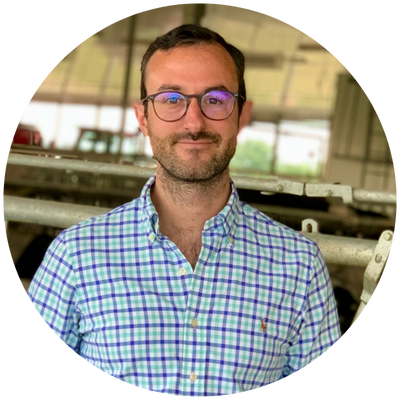
Dr. Lautaro Rostoll Cangiano

Dr. Michael Steele
Dr. Michael Steele completed his Ph.D. at the University of Guelph and worked with Nutreco Canada Agresearch for two years before returning to academia at the University of Alberta and later at the University of Guelph as an NSERC Industrial Research Chair. He has recently received several prestigious honors, including the CSAS Young Scientist Award, the Cargill Young Animal Nutritionist Award, the Lallemand Award for Excellence in Dairy Nutrition Research, the American Society of Animal Science Early Researcher Award, and the ADSA Foundation Scholar Award. Dr. Steele’s current research focuses on the mechanisms that control gastrointestinal health and development in cattle, and he has published over 150 manuscripts throughout his career.
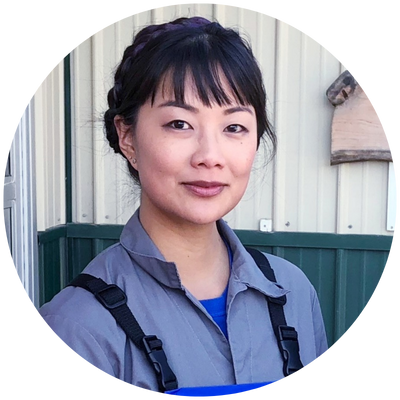
Dr. Jennifer Van der Os
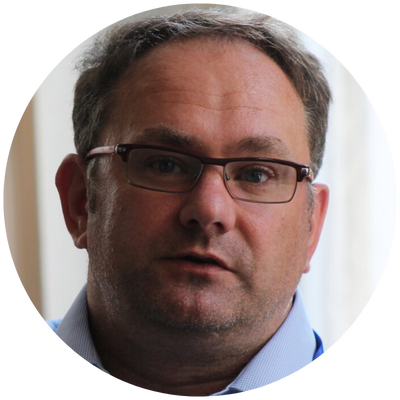
Dr. Dirk Werling
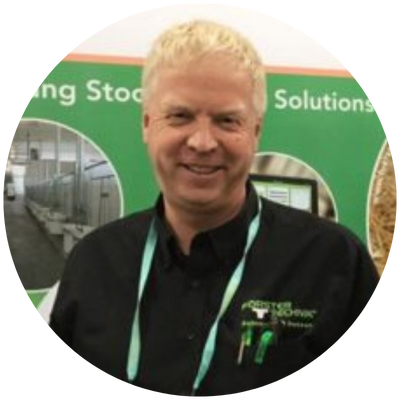
Jan Ziemerink
CEO Foerster-Technik NA
